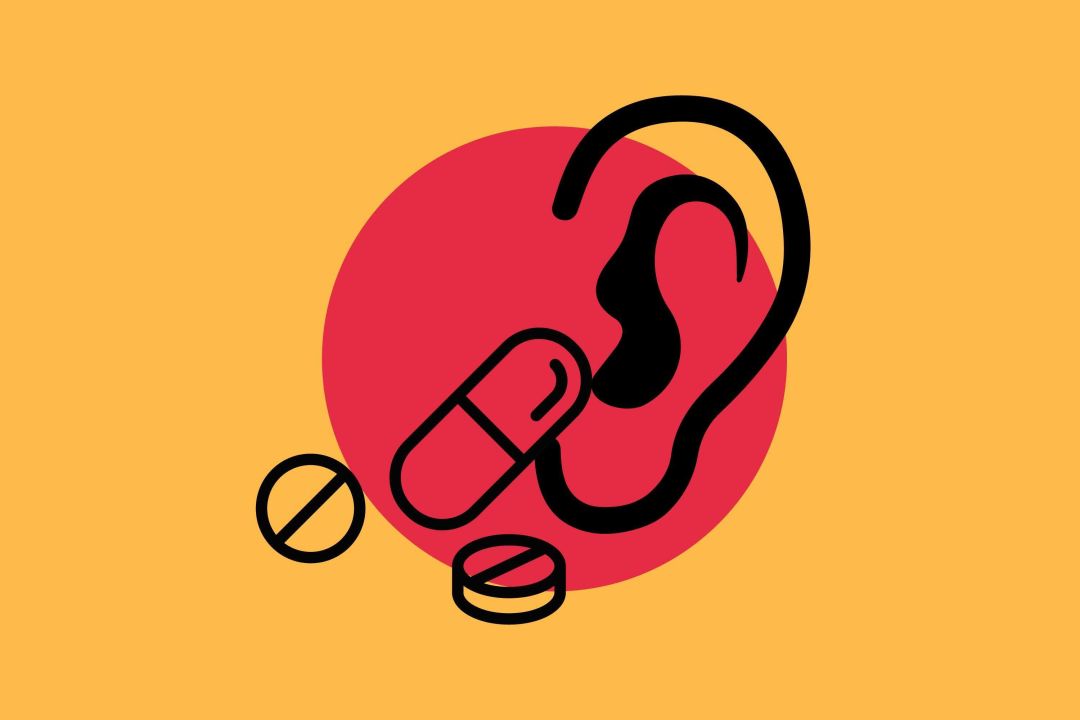Can Allergy Treatments Improve Your Hearing?

Image: Kari Perrin
For those with environmental allergies, Florida can provide a year-round supply of irritating allergens, from pollen to indoor dust mites. Aside from the typical allergy symptoms like runny nose and itchy eyes, allergy sufferers can also experience hearing loss, tinnitus (a ringing in the ears) and even poor balance.
Dr. Nilamben Patel at Allergy Associates of Sarasota says environmental allergens can cause pressure to build up in the middle and inner ear. The fluid that builds up to prevent the allergen from reaching further into the ear canal presses against the ear drum. It is caused by your body releasing the chemical histamine.
"This histamine release is what causes typical allergy symptoms to arise, and when the pressure buildup is so strong in the ears, it can cause that annoying ringing and even a loss of balance, because your inner ear and equilibrium is being messed with," says Patel.
Patel says there are many ways to cure this common allergy symptom.
"The first line of defense for those experiencing muffled hearing or clogged ears due to allergies is over-the-counter antihistamines," says Patel. "Medications like Claritin, Zyrtec and their generic bottles can begin working within a few days."
However, if over-the-counter medications are not improving symptoms after a number of weeks, Patel recommends visiting your allergist for a round of allergy shots. Shots are typically given in increasing dosages once a week for about six months, and then monthly after that. Treatments can last anywhere from three to five years. The shots contain a small amount of the allergen (dust or pollen, for example) to help stimulate your immune system and fight off the allergen naturally. "Patients should begin to see relief from clogged ears and tinnitus within the eight-month mark," says Patel.
Which over-the-counter antihistamines are safe to use long-term? Patel says non-sedating, second-generation antihistamines like Claritin, Zyrtec and Allegra are safe. First-generation antihistamines like Benadryl, Sudafed (usually used as a nasal decongestant) or Afrin are OK to use in the short term, but long-term use can cause drowsiness and unwanted side effects.
And what about natural remedies? Patel says many patients try saline solutions to clear out their sinuses, with sprays or with containers like a neti pot. Patients can also try hot showers with menthol vapor tablets, manually popping ears by holding your nose and pushing the breath outward and drinking water. Clearing the allergens from your living space is also helpful. Patel recommends purchasing an air purifier or humidifier, washing sheets and fabrics with hot water every two weeks and keeping surfaces dust-free. If pet dander is an allergen, keeping pets off of bedding and furniture will help, along with bathing your pet once a week.
If after all treatments and remedies your ears are still a cause for concern, Patel recommends seeing an ear, nose and throat specialist.
"Ruling out ear infections and more serious issues is important," says Patel. "This is if symptoms persist and continue to worsen. Ear fullness that comes and goes is most often allergies."